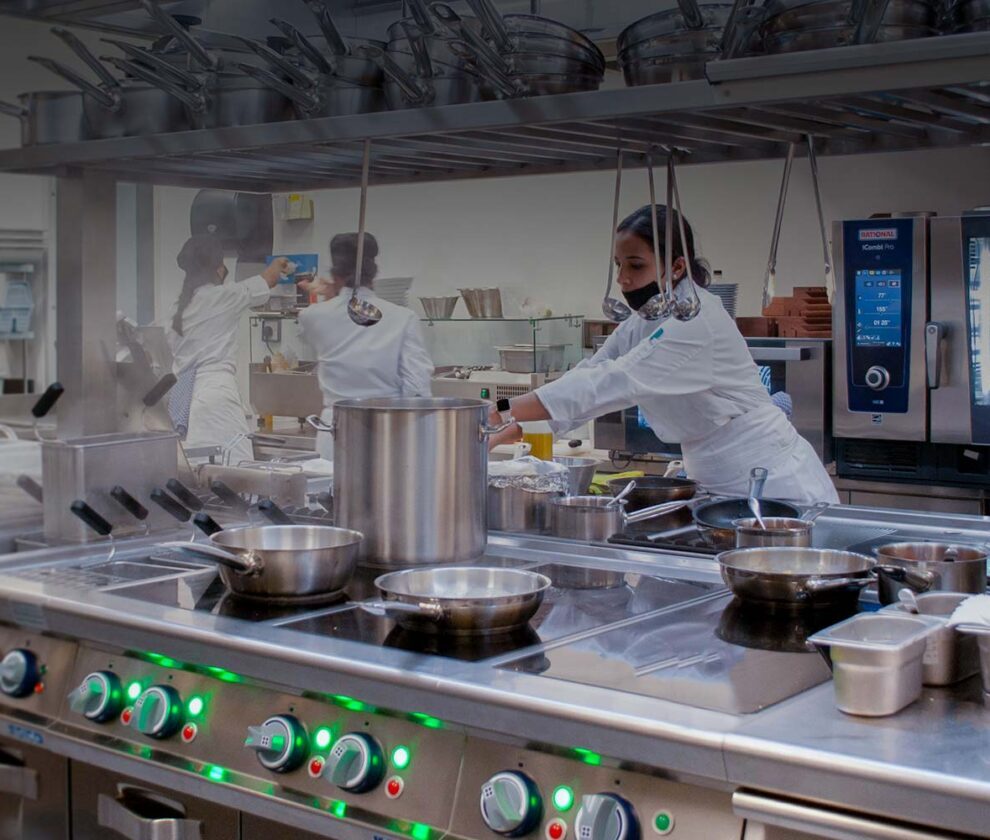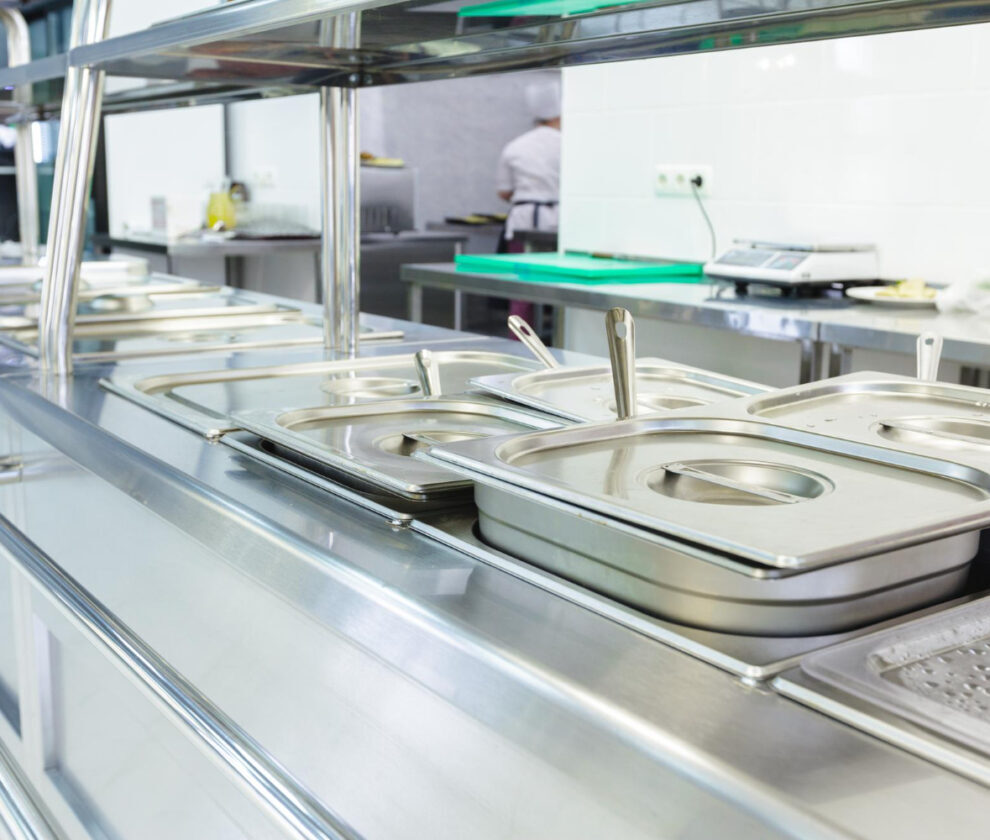In the fast-paced world of the food industry, having well-maintained and properly functioning kitchen equipment is crucial for the success of any establishment. Regular servicing and repairs not only ensure the longevity and efficiency of the equipment but also contribute to the overall productivity and safety of the kitchen environment. Additionally, selecting the right commercial kitchen equipment supplier plays a vital role in obtaining high-quality and reliable equipment that meets the specific needs of a business. In this blog, we will explore the significance of kitchen equipment services, repairs, and the importance of choosing the right supplier.
The Importance of Kitchen Equipment Services:
Regular servicing of kitchen equipment is essential to maintain its optimal performance. By scheduling routine services, potential issues can be identified and addressed before they escalate into major problems. Trained technicians can inspect and clean equipment, ensuring that it operates efficiently and meets the necessary safety standards. Moreover, servicing helps to extend the lifespan of the equipment, reducing the need for premature replacements and saving costs in the long run. Furthermore, equipment services often include preventive maintenance, which involves lubrication, calibration, and adjustments, helping to prevent breakdowns during critical operations. Ultimately, investing in kitchen equipment services helps to minimize downtime, maximize productivity, and ensure a safe working environment for kitchen staff.
The Significance of Kitchen Equipment Repairs:
Even with regular servicing, kitchen equipment may still encounter occasional breakdowns or malfunctions. Swift and effective repairs are crucial to minimize disruptions to daily operations. Professional repair services have the expertise to diagnose the issue accurately and perform the necessary repairs to restore the equipment’s functionality promptly. Timely repairs not only prevent the need for costly replacements but also ensure that the kitchen can continue to operate smoothly, avoiding potential revenue loss. Additionally, repairs contribute to the safety of the kitchen environment by addressing any faulty components that could pose hazards. Businesses need to establish a relationship with a reliable repair service provider to ensure quick response times and minimize any downtime associated with equipment breakdowns.
Choosing the Right Commercial Kitchen Equipment Supplier:
Selecting the right commercial kitchen equipment supplier is a critical decision that can significantly impact the success of a food establishment. A reputable supplier should offer a wide range of high-quality equipment from trusted manufacturers. By partnering with such a supplier, businesses can ensure that they are investing in durable and reliable equipment that meets industry standards. The supplier should also provide comprehensive customer support, including pre-sales assistance, installation services, and after-sales support. This ensures that the purchased equipment is installed correctly and any issues that arise during its lifespan are promptly addressed.
Moreover, a reliable supplier should have a strong understanding of the specific needs and requirements of the food industry. They should be able to offer tailored solutions, considering factors such as the type of cuisine, kitchen size, and anticipated workload. Additionally, it is beneficial to choose a supplier that offers flexible financing options, warranty coverage, and a readily available inventory of spare parts.
Conclusion:
In the competitive world of the food industry, the importance of kitchen equipment services, repairs, and choosing the right commercial kitchen equipment supplier cannot be overstated. Regular servicing and repairs contribute to the longevity, efficiency, and safety of kitchen equipment, ensuring uninterrupted operations. Likewise, partnering with a reputable supplier ensures access to high-quality equipment that meets specific needs, along with comprehensive customer support. By investing in these aspects, food establishments can enhance their productivity, maintain a safe working environment, and ultimately achieve success in their culinary endeavors.


